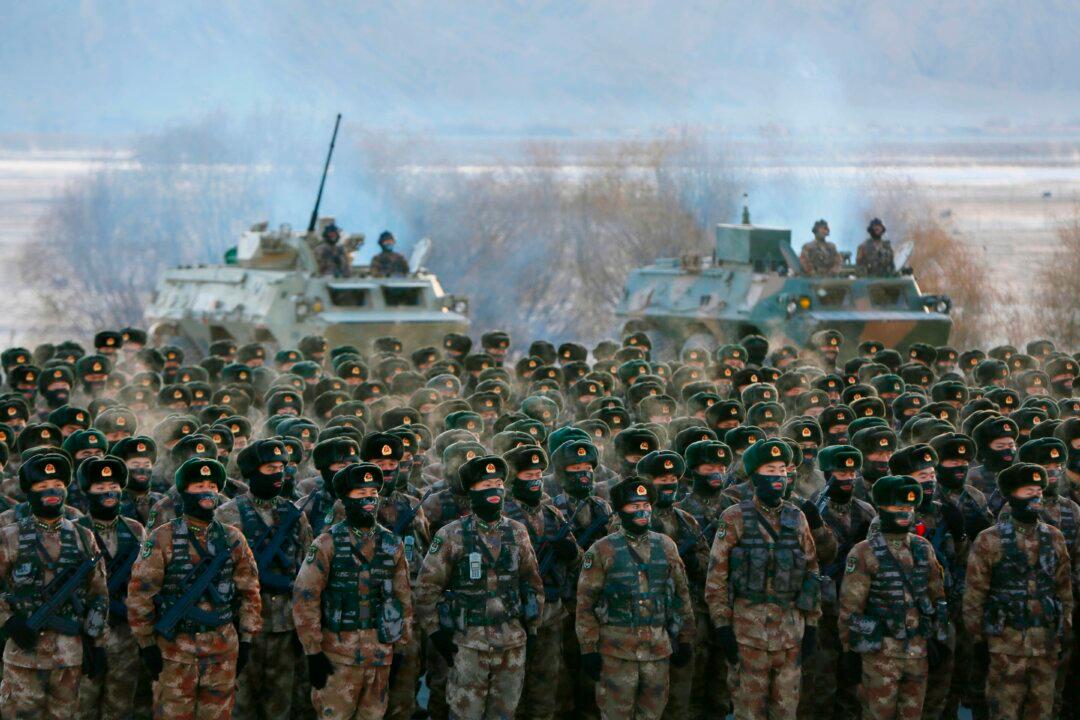Commentary
Beijing’s latest retaliatory tariffs on U.S. goods are not a policy disagreement—they’re part of a strategy. This is not about trade imbalances or soybeans. It’s about power.

Beijing’s latest retaliatory tariffs on U.S. goods are not a policy disagreement—they’re part of a strategy. This is not about trade imbalances or soybeans. It’s about power.